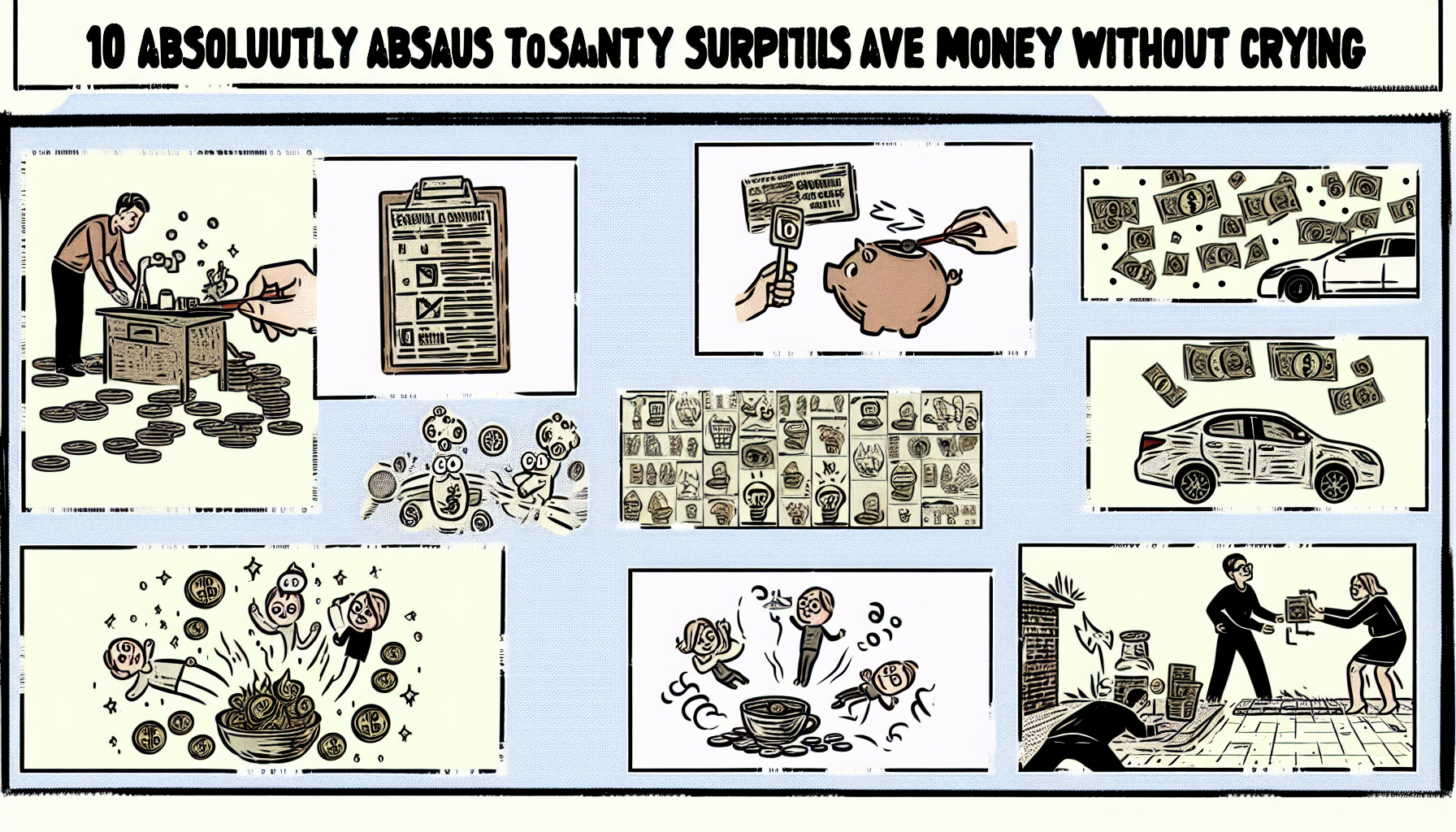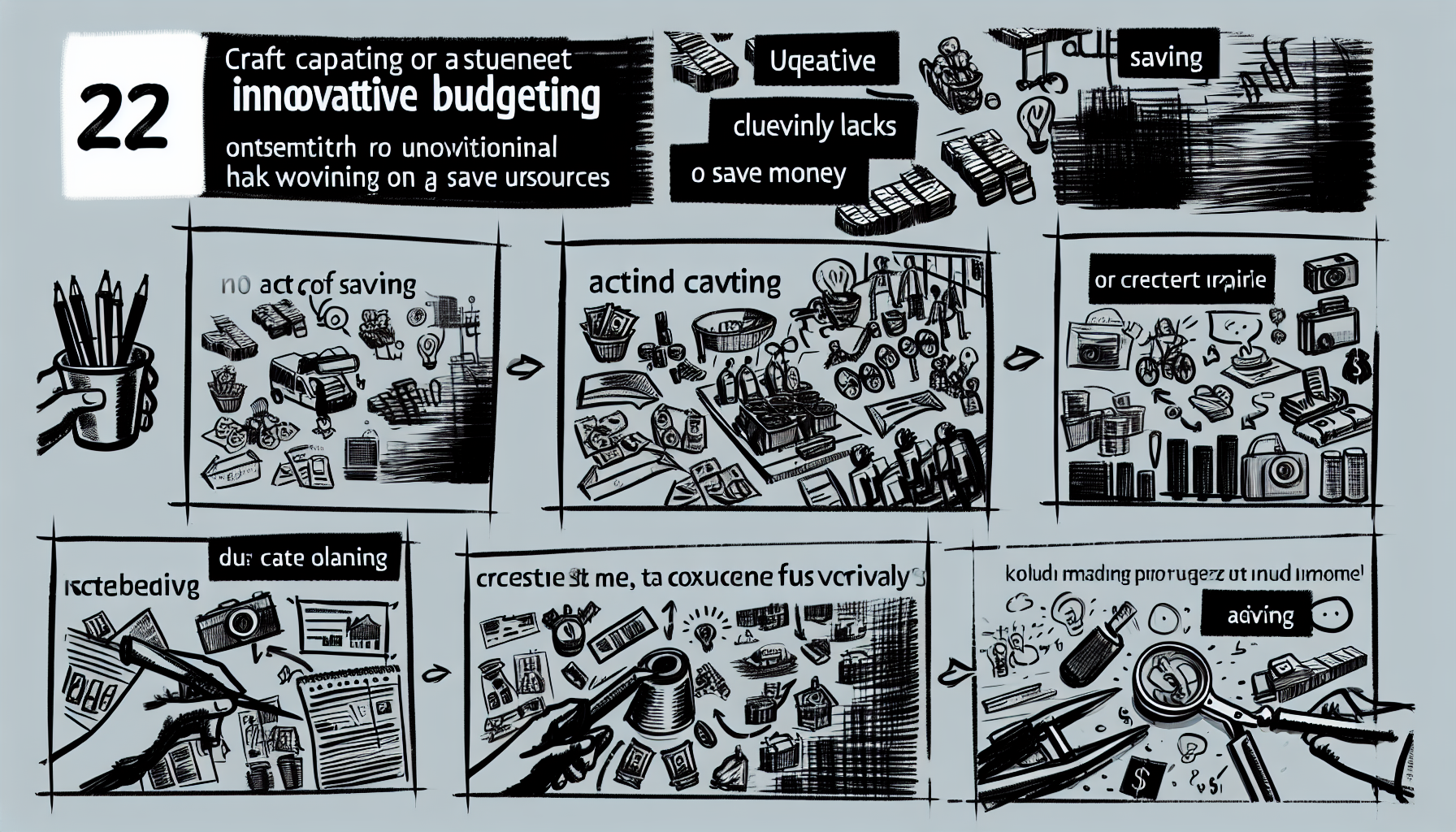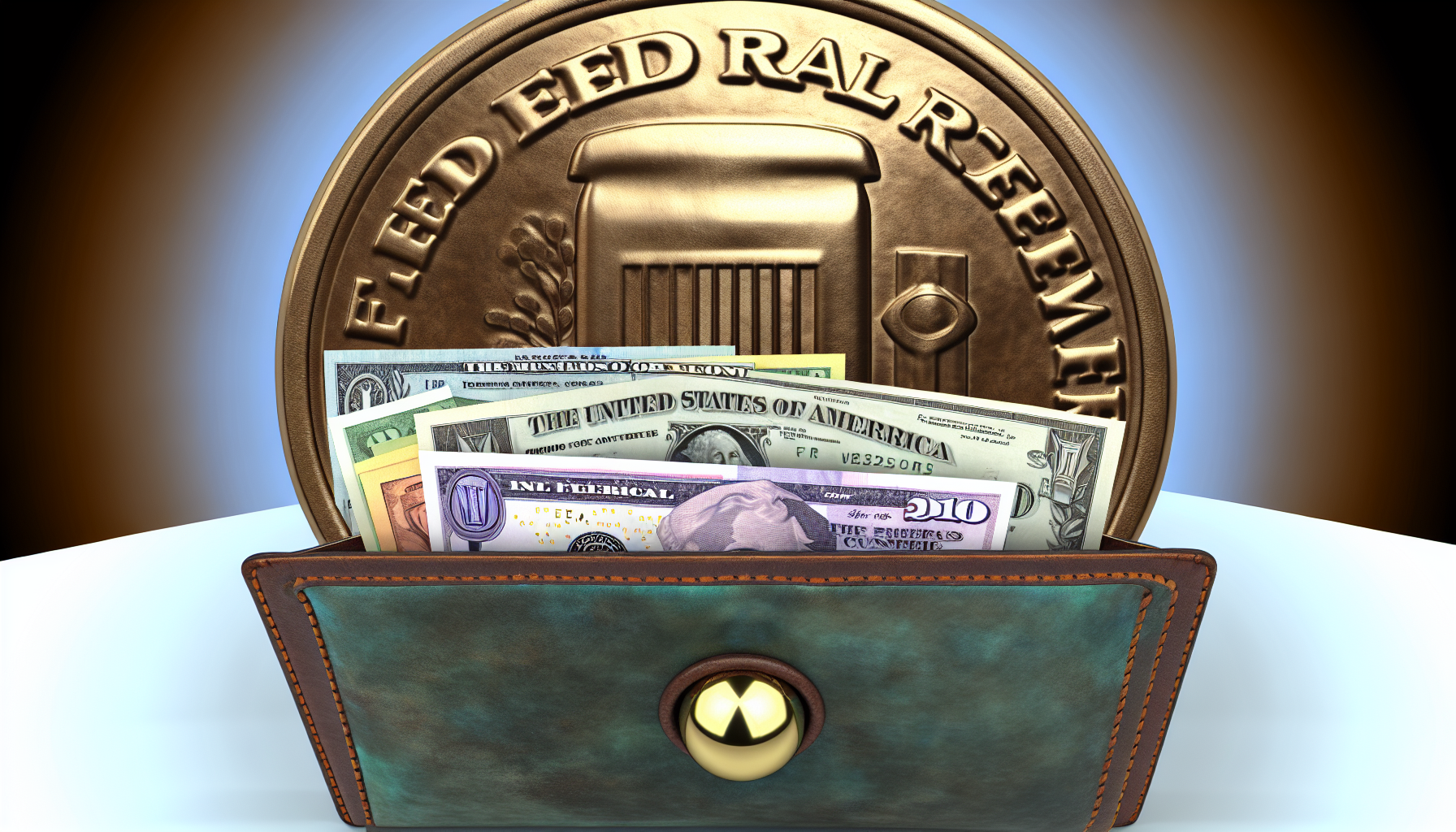Dealing with debt can seem overwhelming, if not impossible, especially when the bills keep piling up. Many people feel as if they’re in a sinking ship with no way out, but by developing smart habits and learning creative strategies for debt management, you can pave a path to a debt-free life.
Making the Shift to a Debt-Repaying Mindset
Before diving into the tips and techniques for managing and paying off debt, it’s crucial to change your mindset. Debt isn’t your life sentence. It’s merely a challenge that needs a strategic approach and discipline. Adopt a supportive mindset towards debt management and envision the light at the end of the tunnel as your drive towards financial freedom.
Build a Comprehensive Picture of Your Debt
One common mistake people make when dealing with debt is not fully understanding the scope and details of their debts. To conquer your debt, it’s important to:
- Gather information about all your debts including student loans, credit card debt, personal loans, and more.
- Define the interest rates, minimum payments, and due dates for each debt.
- Create a debt spreadsheet, use an online tool, or employ a debt management planner to maintain an organized overview.
Explore Debt Management Strategies
There are numerous ways to tackle debt, but the key is to find a strategy that suits your financial situation and adheres to your long-term financial goals. Some popular debt management strategies include:
- Debt snowball method: Start paying off debts from the smallest to the largest. This helps to create a psychological ‘win’, building momentum for tackling larger debts.
- Debt avalanche method: Begin by focusing on debts with the highest interest rate, which can save more money in interest costs over time.
- Debt consolidation: Consolidate all your debts into one. This can simplify payments and potentially lower your interest rates.
Establish an Emergency Fund
An emergency fund is a financial safety net, protecting you from potential inconveniences or financial calamities. Having an emergency fund in place can keep you from sinking deeper into debt when unexpected costs hit.
Create a Budget and Stick to It
Creating and following a practical budget is fundamental in managing and paying off debt. A budget helps you restrain from overspending, prioritizes debt repayment, and ensures that your financial habits align with your goals.
Seek Professional Help
If debt management seems intimidating, don’t hesitate to seek professional help. Credit counselors and financial advisors can provide expert guidance, help create feasible debt management plans, and offer supportive solutions based on your personal circumstances.
Remember, debt may feel like a heavyweight, but with strategic planning and disciplined execution, the journey to a debt-free life becomes attainable. Transformation doesn’t happen overnight; physical, financial, or otherwise, it’s always a process. Embrace it!






















Leave a Reply